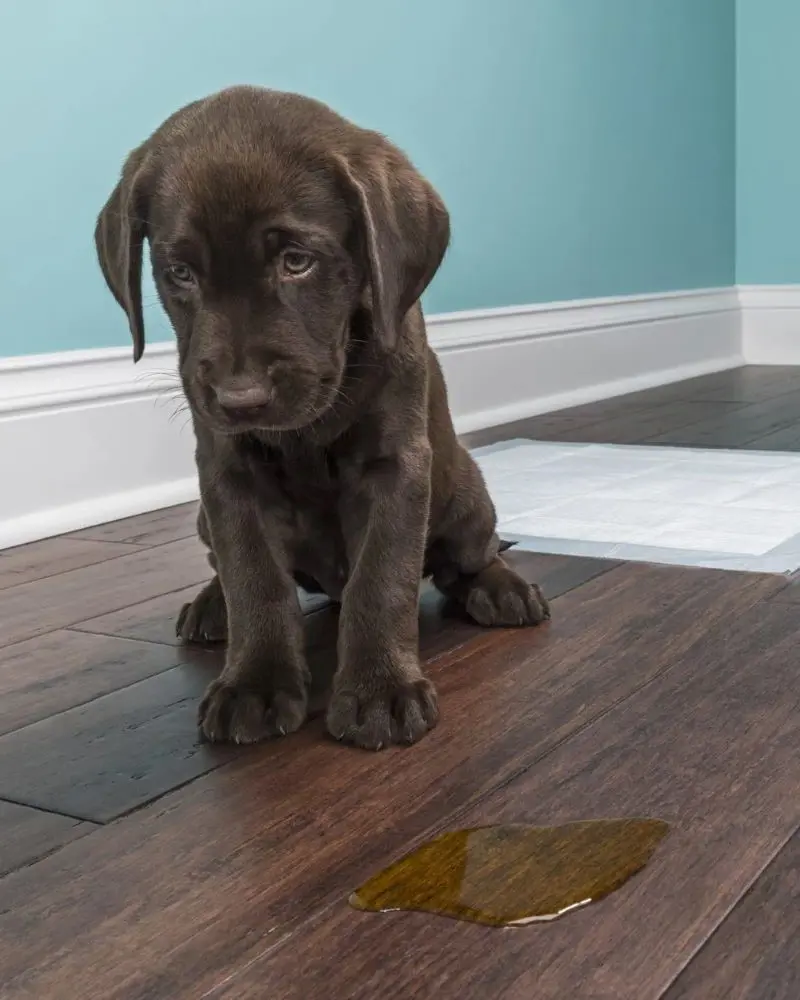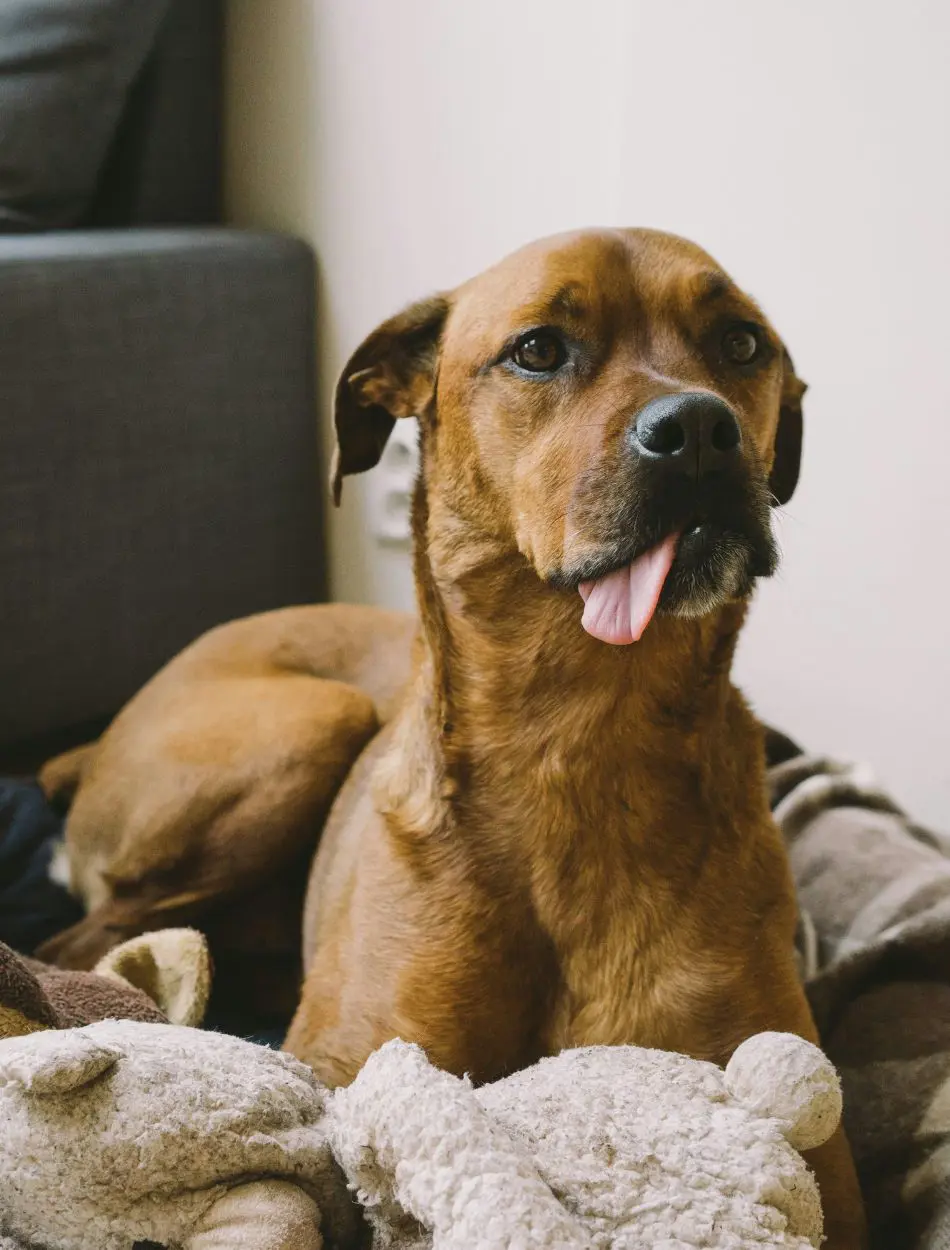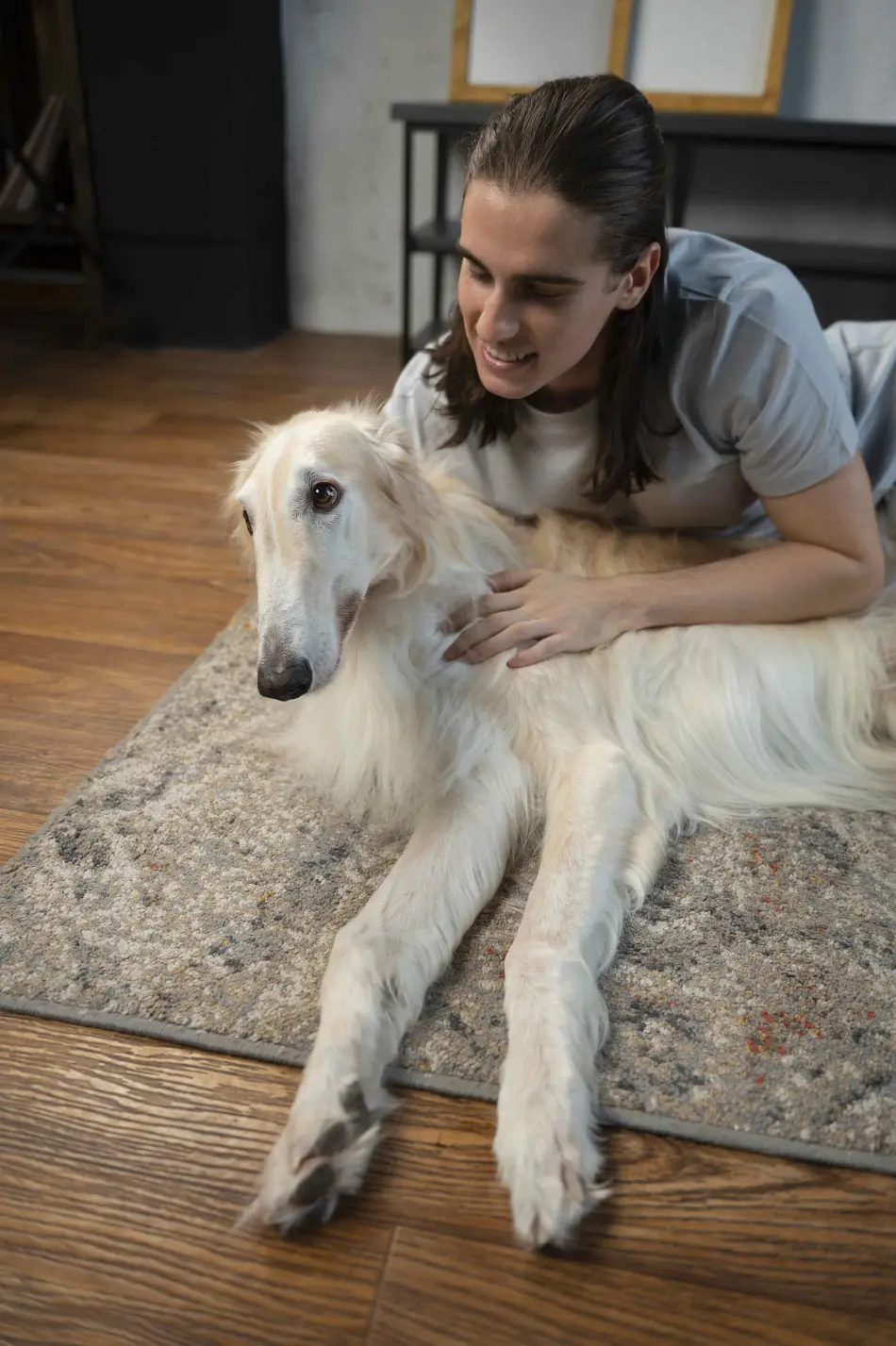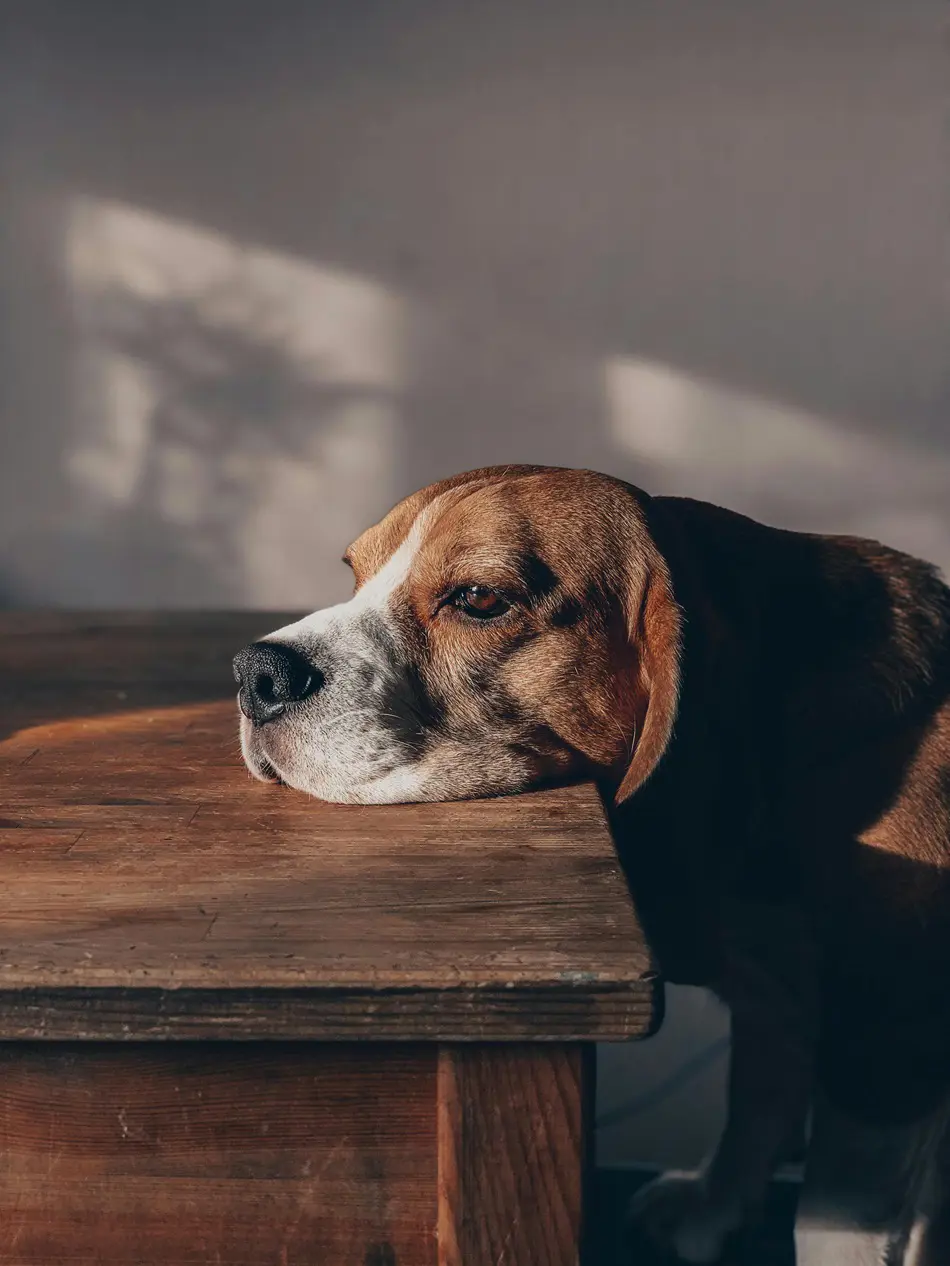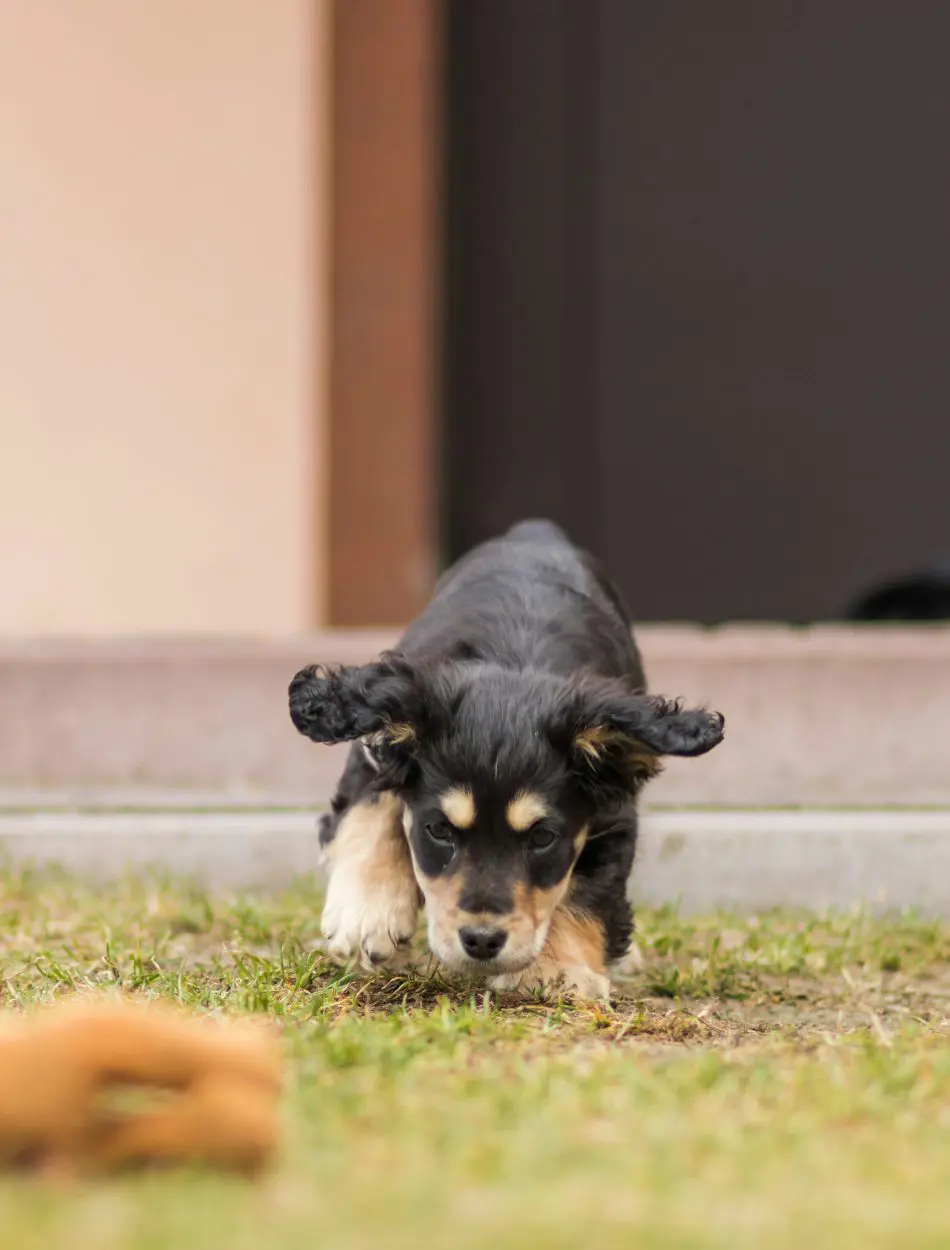Why Is My Dog Sneezing? 18 Common Reasons
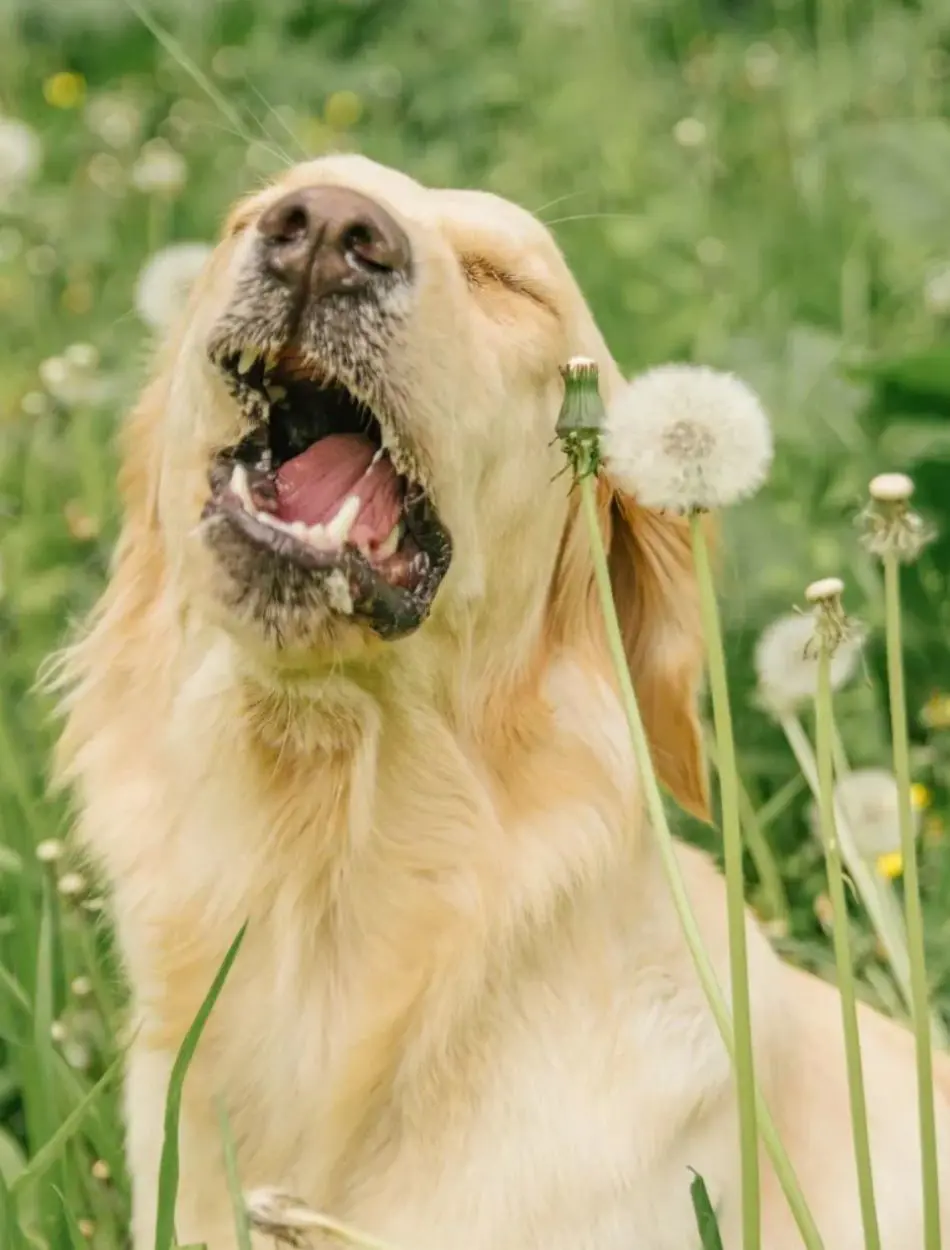
You may notice that your dog sneezes and have some curiosity about their well-being-as they would react to dust, pollen, or strong odors.
Though sneezing can be as common in dogs as in humans, you need to determine whether it falls into playful, occasional sneezing or serious sneezing with underlying health issues in order to assess the seriousness of their issues.
In this article, we will be discussing 18 reasons why dogs sneeze.
1. Allergies
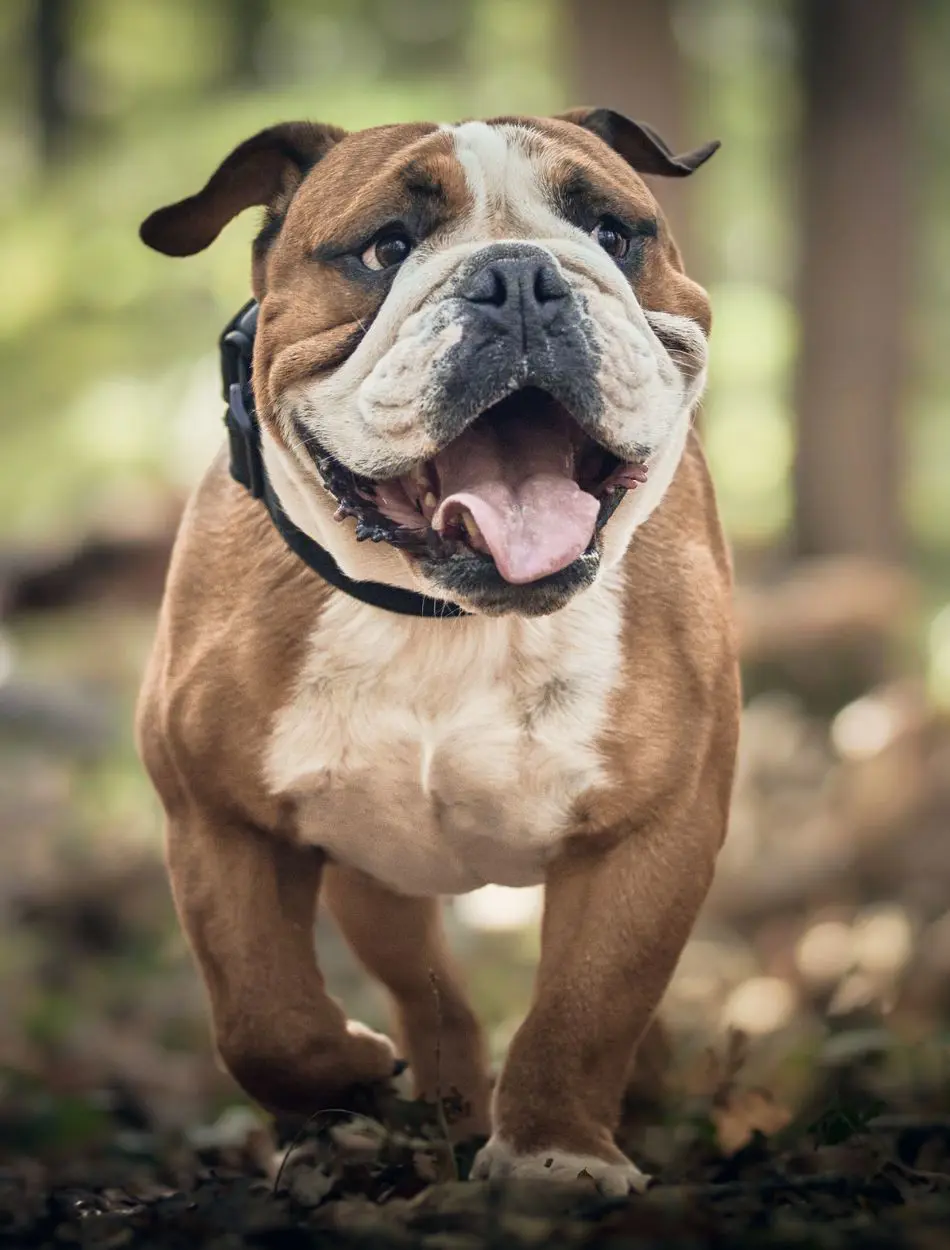
Allergies in dogs do occur and sneezing is one of the general symptoms emanating from such conditions. When a dog meets an allergen, the immune system overacts and triggers inflammation within the nasal passages.
This triggers sneezing as the body tries to rid itself of the irritating substance. For proper treatment, vets may identify other symptoms of allergies in dogs such as itching, redness, or swelling of the skin, excessive licking, and watery eyes.
2. Dust And Smoke
Dogs have their usual susceptibility to environmental irritants and dust and smoke can be some of the most organic causes that provoke sneezing. Dust gathers inside homes and contains minute particles that comprise dirt, pollen, and even pet dander.
This is mainly due to the reaction of dust and smoke in their nostrils. Secondly, the chemicals in smoke affect dogs too. They can lead to their sneezing becoming more continuous or worsening up.
The above problem will be reduced through good ventilation, using pet-friendly products, and avoiding smoking indoors.
3. Cold
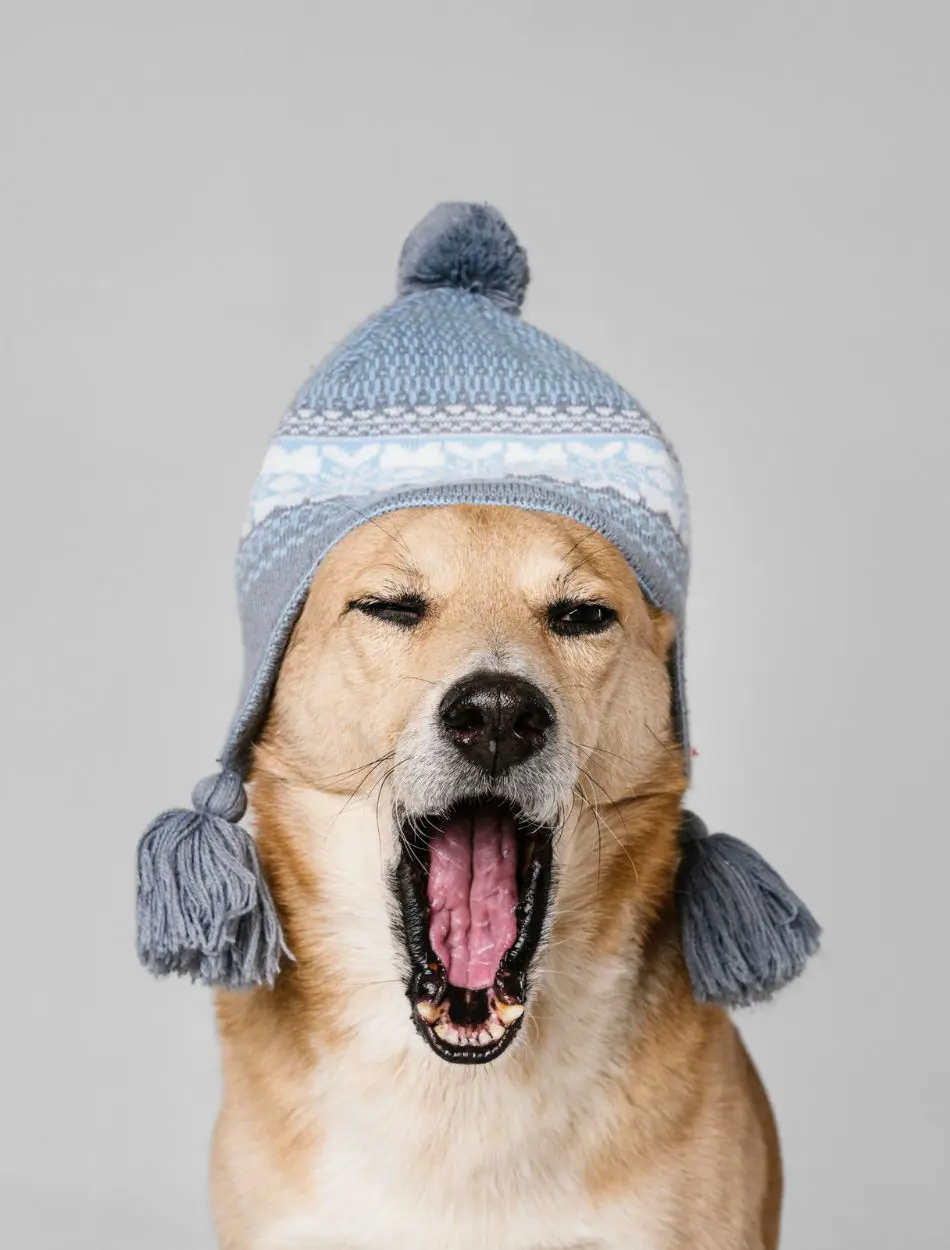
Colds are viral infections of the upper respiratory system through which sneezing can take place in the dog. Just like other animals, even dogs can get some respiratory viruses, which finally give symptoms such as sneezing, coughing, nasal discharge, and lethargy.
Provided with plenty of water, rest, and keeping him warm, he should be feeling a little better. If still, your dog is not feeling any better, then words with a vet are in order.
It is always nice, however, to be observant with your puppy and give him that little extra care when he is not okay. Remember, if one is concerned about the health of their puppy, the best position to take advice from will always be a veterinarian.
4. Foreign Objects
Dogs view the world through their noses, and most of the time, that involves some foreign objects like grass, dirt, and small toys getting lodged inside nasal passages, thus causing sneezing.
If your dog does it with violence and it happens more frequently, this may already be an indication that something got stuck inside the nose.
In this case, one would like to examine the nostrils themselves further and remove the foreign entity if this is possible. A veterinary visit is indicated in the situation where the object cannot be pulled out without causing injury to the dog.
5. Nasal Mites
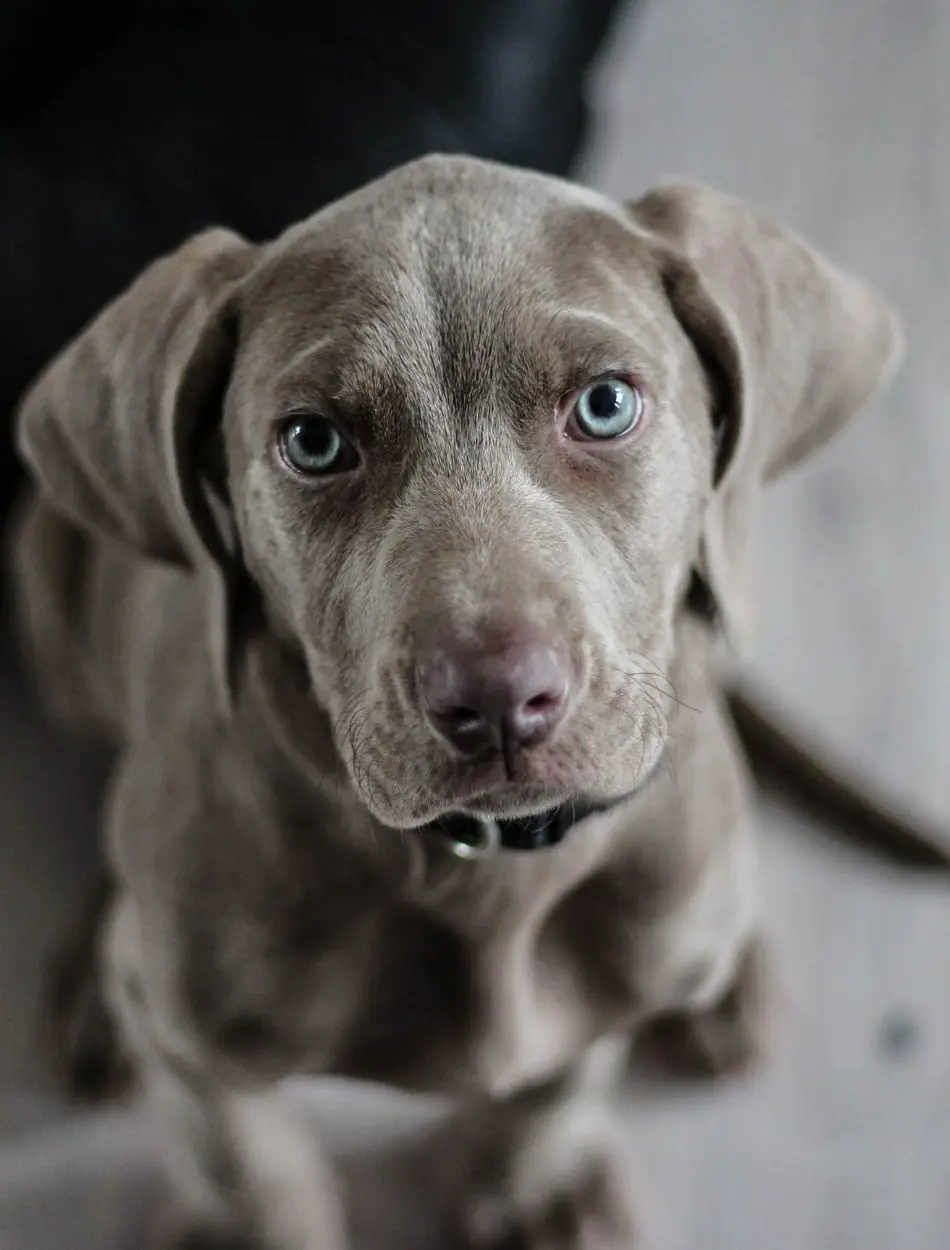
They are good candidates, inducing such an inflammatory response of the nasal mucous membrane, hence, the dog presents with sneezing, discharge, and even a cough owing to such an infection.
Hygiene coupled with regular visits to a veterinarian, this parasite will be prevented from infecting a dog. Your veterinarian will be able to diagnose and treat your dog in case it sneezes constantly or shows other respiratory problems for health and comfort.
6. Play Sneezing
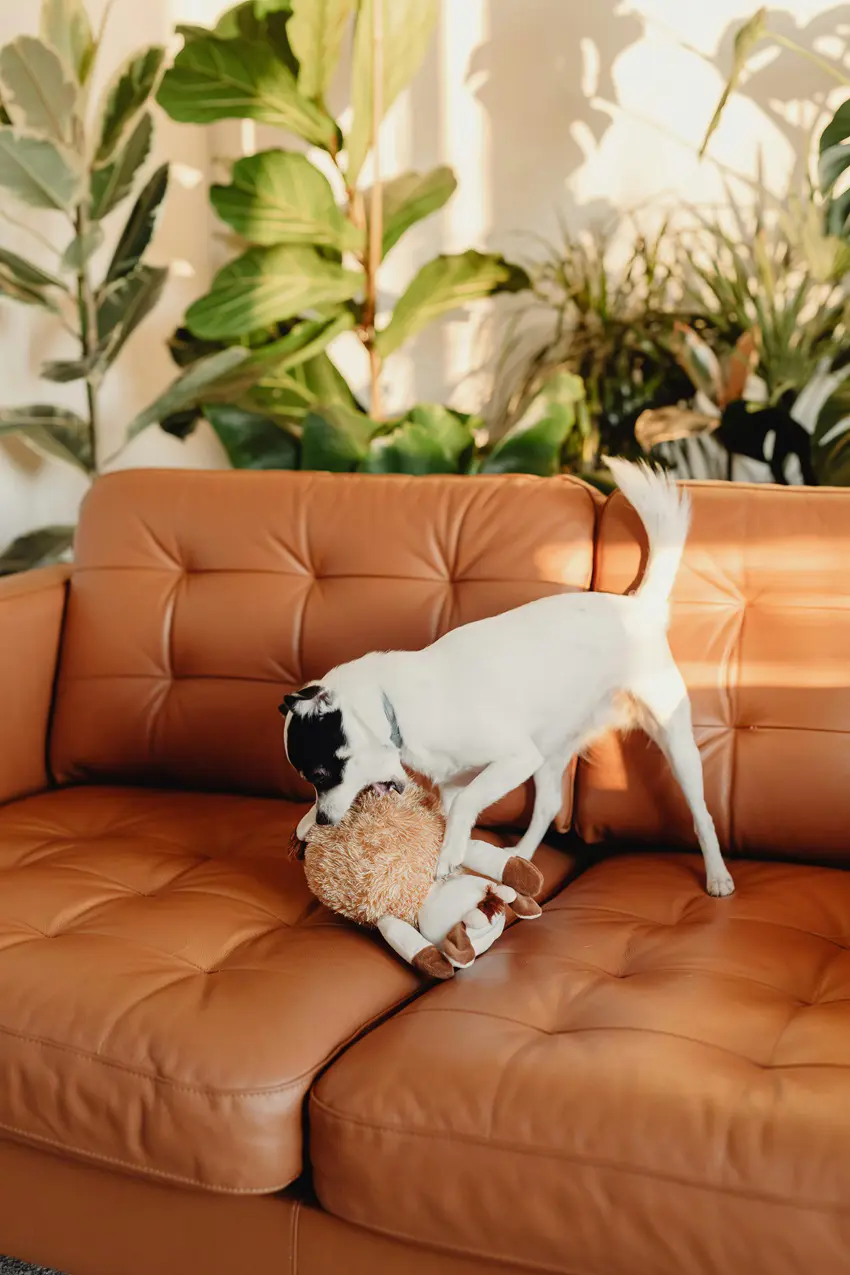
Playing sneezing is a mild form of behavior wherein the dog shows excitement and contact with others socially. Unlike allergic and health-related sneezing, it is generally harmless and even one form of language amongst dogs.
While at play mostly with other dogs, they may utter a succession of sneezes to show that they are indeed having the time of their lives and not to be regarded as aggressors.
7. Reverse Sneezing
Reverse sneezing is a reflexive response to irritation in the throat. It often appears and sounds more frightening than it is.
During a sneeze, your dog may make a snoring noise as he rapidly draws air in through his nose. These episodes are generally of short duration and self-limiting.
If they happen more often or for longer than what is considered appropriate, then you may want to have your veterinarian evaluate your dog to rule out any underlying issues.
8. Excitement
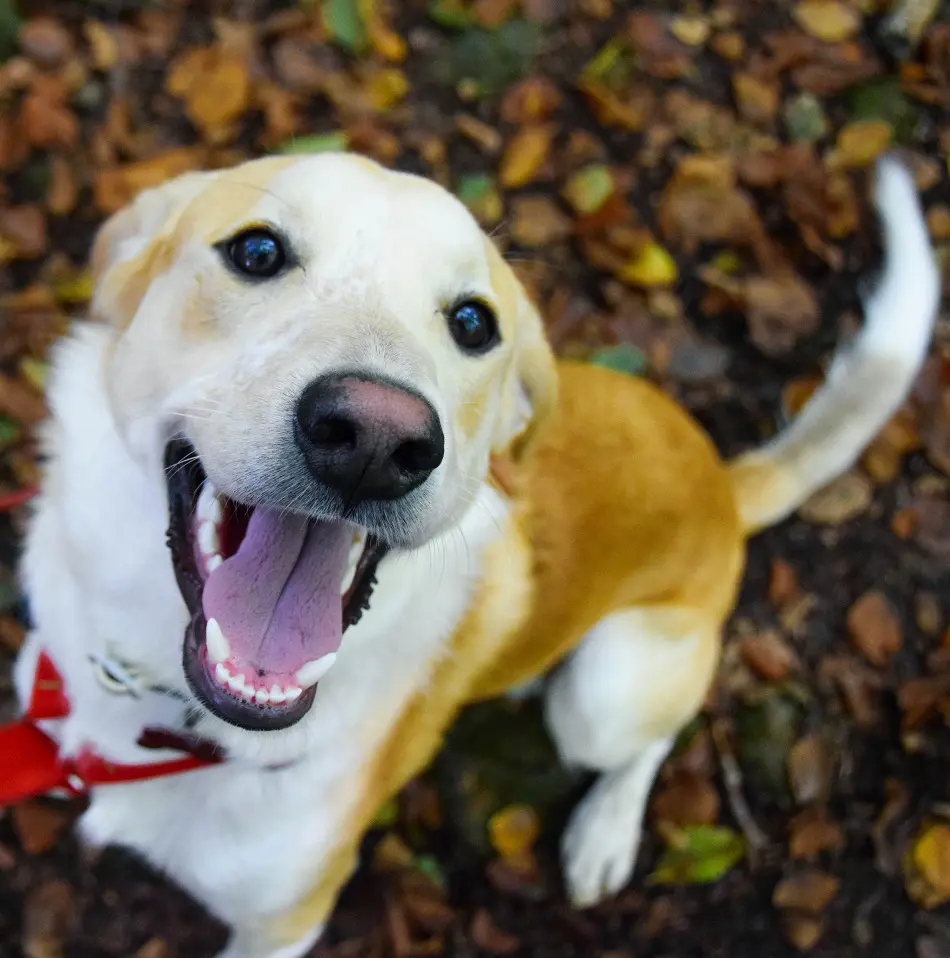
Some dogs also happen to sneeze a lot at exciting moments and are usually harmless, in which behavior can get playful. This type of sneezing denotes that he is excited and can be a social indicator in general that the dog is a happy and approachable one.
Sneezing is a way for dogs to show their excitement at high-energy moments, like gearing up for a play, greeting favorite people, or commencing something new and fascinating to them.
Sneezing due to excitement, if present, is usually characterized by several playful acts like wagging of tails, jumping, and barking.
9. Environmental Changes
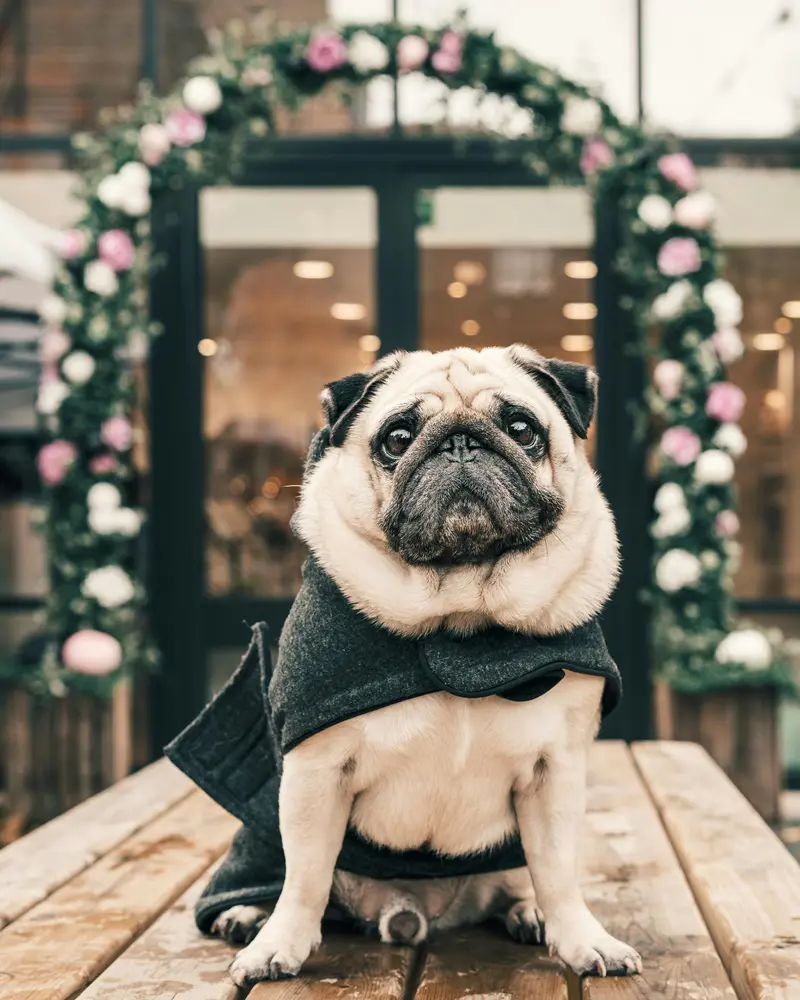
Sneezing in your dog is brought about by acclimatization with the different kinds of allergens or irritants that your dog encounters in the house or during seasonal changes.
Your dog is bound to sneeze more immediately after moving into a new house or during seasonal changes because of the presence of new stimuli.
Cleaning the household and the use of air cleaners will reduce allergens in the air. This will also help your dog get acclimatized to its new house as well.
10. Dental Issues
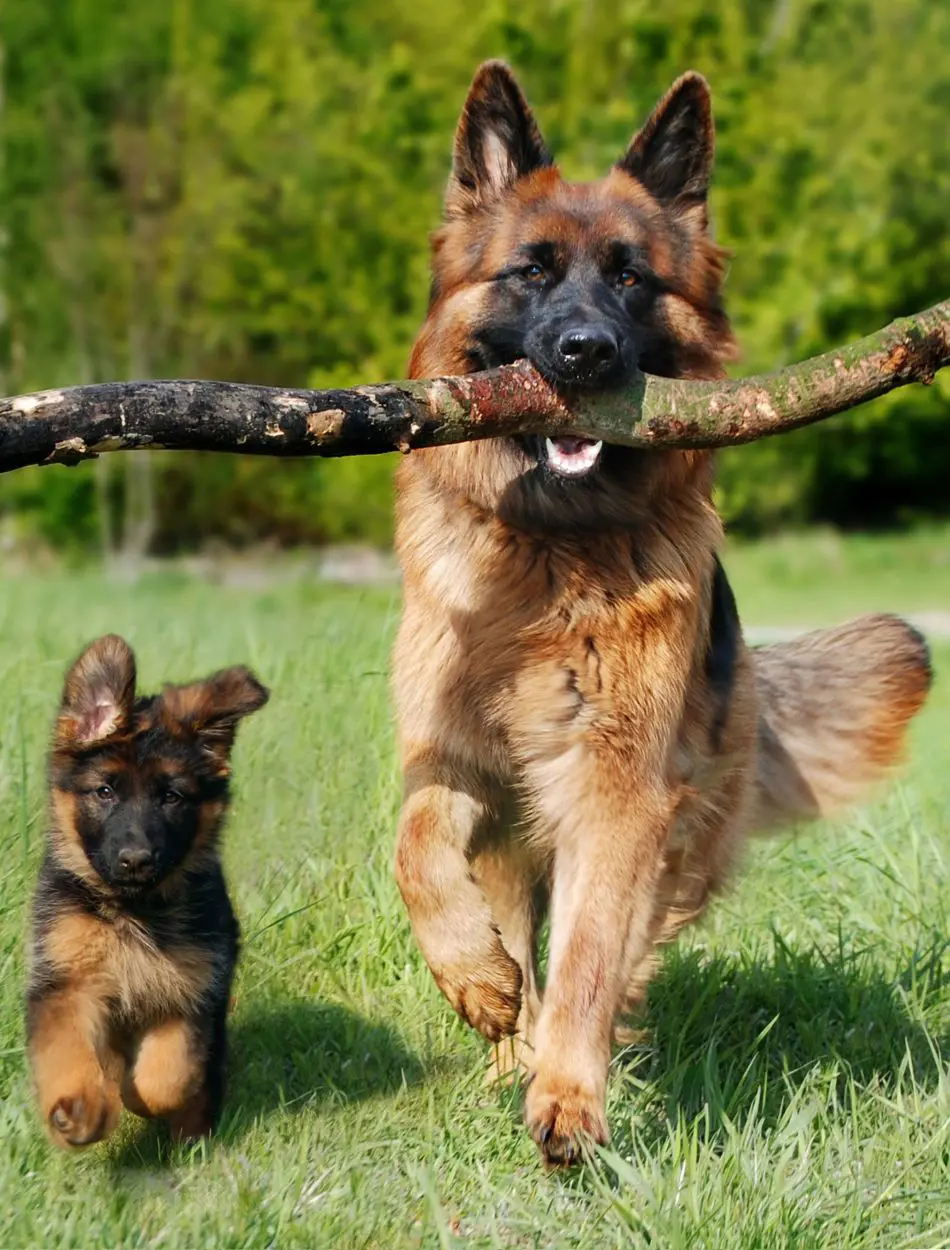
Playful and active dogs are more into the habit of chewing on hard things, which may include bones, furniture, or the bars of their crates. These habits tend to cause breakage of tissue in their mouth, facilitating the growth of bacteria and causing dental issues.
Some signs, if your dog has dental issues that may include abscesses, infected teeth, and gum diseases, are bad breath, swollen gums, and difficulty in eating. They can cause your dog to sneeze.
If your dog's condition is not getting any better as time passes, then you must get a checkup from the vet, and for your dog, proper training is necessary to teach the dog not to harm their mouth.
11. Humid Weather
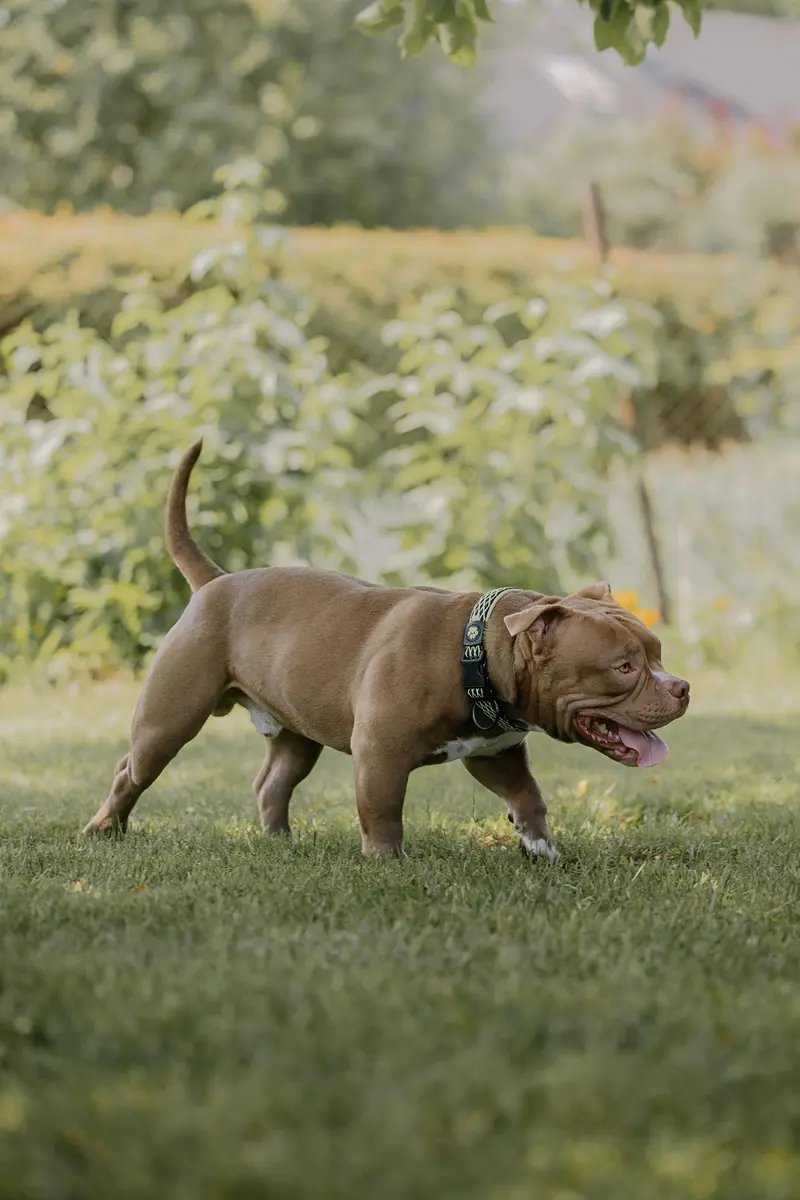
High humidity helps mold grow, and that may make dogs sneeze more and mold acts just like allergens. If your dog sneezes rather a lot when outside in humid conditions, then mold may be the culprit.
You can then look around your home for mold. Let him stay in a cool and well-ventilated area, limiting his exposure to possible allergens, which will lessen his discomfort if there is humid weather.
You can go and show it to a veterinarian just to rule out any health problem associated with it and you can try a dehumidifier to keep the humidity in your house within a good range. This would help your canine companion to feel better for respiratory problems.
12. Dry Air
On the other hand, dry air is one of those factors that would encourage sneezing in dogs. Dry air dehydrates the nasal passage of dogs, and irritation plus several other breathing complications set in.
This is because dogs just like us humans have this coat of mucus that moistens and cleans the passing air, disrupted by dry air.
This is usually the case during winter seasons where heating systems reduce the humidity of the air inside the house. The use of humidifiers can keep the air's moisture at its optimum and is, therefore, able to prevent dry air as a cause of sneezing in dogs.
13. Cleaning Products
Dogs often begin to sneeze due to exposure to certain cleaning products. Such products commonly include bleach. This is because these products release minute particles in the air which at times slightly irritate the nasal passage and cause such a reaction.
If your dog experiences labored breathing quite often after cleaning, go for more pet-friendly options when it comes to cleaning. Moreover, if your dog is showing other signs of distress then it is good to take him to the vet for examination.
14. Perfumes And Fragrances
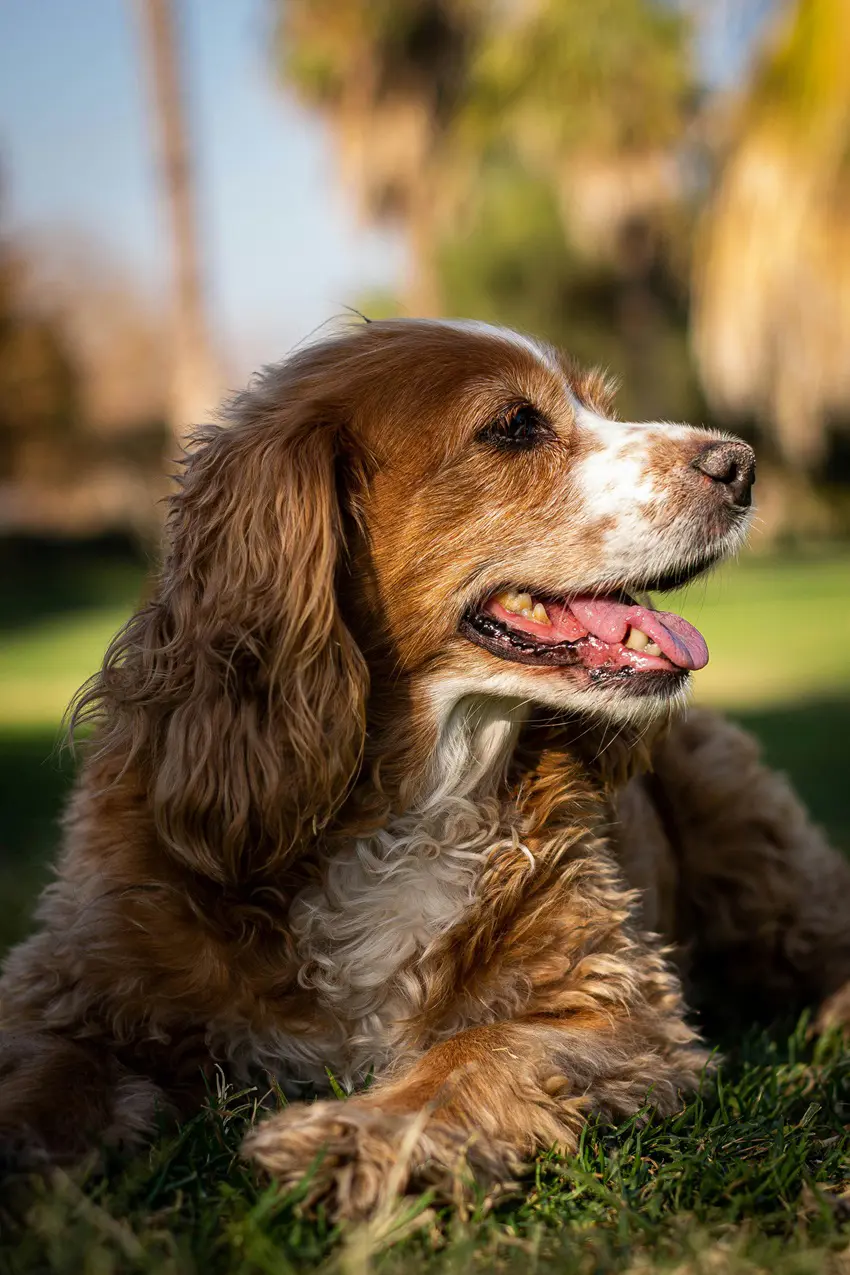
Sense of smell is much higher in them compared to people, and hence strong odors disturb them much more. Also, avoid using anything fragrant near your dog, instead use fragrance-free or those meant for dogs.
Sometimes dogs behave in strange manners near some odors which include perfumes. This simply means that when a dog sneezes due to perfume, it does not like the smell or the chemicals involved in it.
Other dogs may be predisposed to allergies and are unable to handle powerful odors and thus are also capable of sneezing quite a bit from such things. If you think your dog is having a bad reaction to perfume, then keep your dog away from such odors.
15. New Carpets Or Furniture
Dogs sneeze more often because of new carpets or furniture. The dust and chemicals or allergens that provoke the creation of carpets or furniture make them sneeze.
That is, the only thing that happens is that with the addition of new stuff, dogs start having sensitive nasal passages reacting against the smell and particles through a series of natural responses, among them sneezing.
It is also good practice to pay attention to your dog when bringing into the house something new, such as carpets or furniture. If sneezing turns into a persistent cough, nasal discharge, or any other evidence of comfort, it would be better to consult a vet about it.
16. Viral Infections
Normal viral infections accompanied by sneezing in dogs will result in shortness of breath. One of the infectious diseases is Canine Influenza. It is of Type A virus infection. The virus spreads through direct contact with the saliva or nasal secretion of an affected dog.
Other symptoms that may appear in your dog include watery eyes, runny nose, and cough amongst many others. The moment you suspect that your dog is suffering from some kind of virus, take it to a vet immediately since this will help reduce the chances of other health complications.
17. Stress And Anxiety
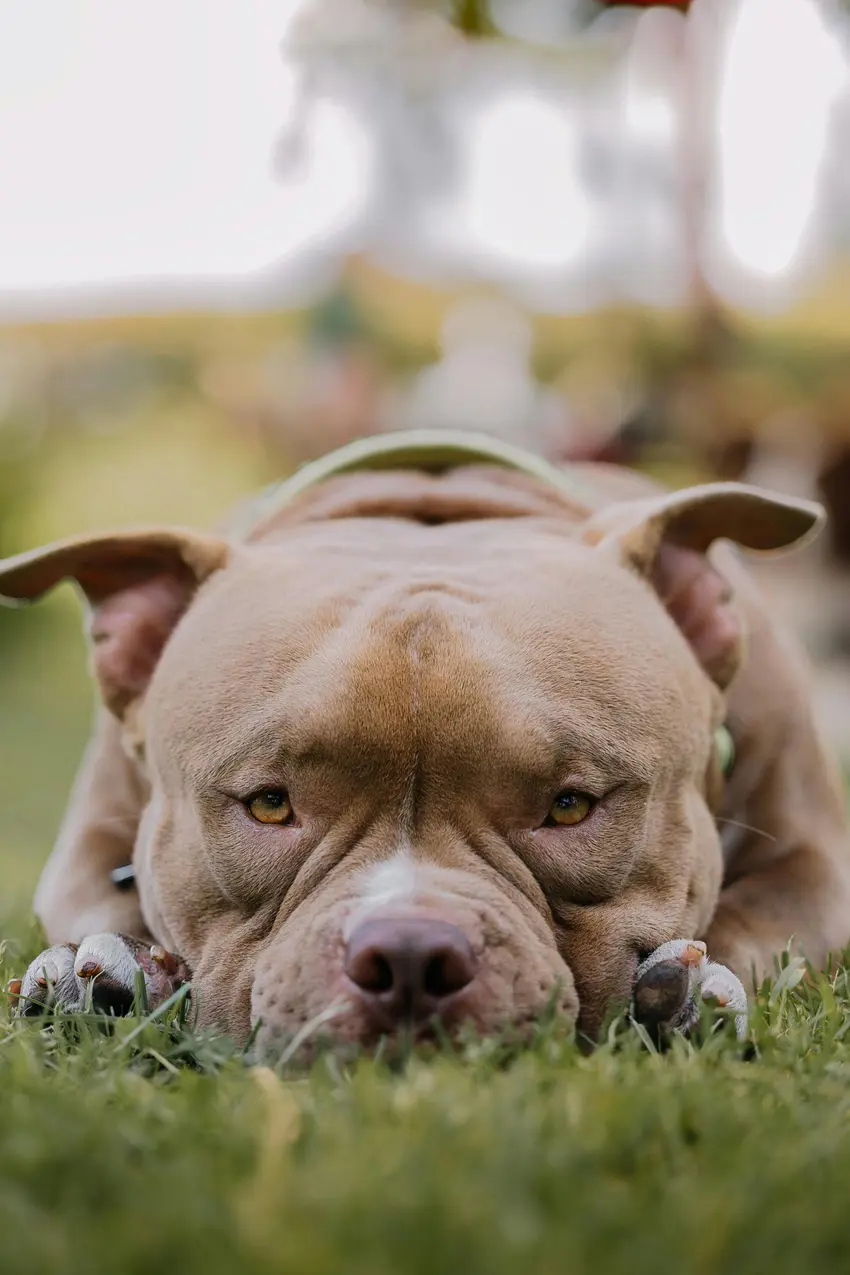
Just like humans, dogs do feel several emotions that also include stress and anxiety. During these stresses and anxieties, their immune systems may weaken and hence become more prone to irritants.
Consequently, there is the release of cortisol through their body, which then gives several different physical responses, which include sneezing.
This can often be seen in instances such as loud booms, being separated from their masters, or even a change in their environment. This is one of the most common ways through which dogs release stored-up tension.
18. Reaction To Medication
Some dogs may react to sneezing when they are on certain medications and some medicines irritate a dog's nose, hence causing allergic reactions. They may begin sneezing a lot, have a runny nose, or even act unwell.
That would be the right time to call the vet when your dog has started sneezing in response to the consumption of some new medication. He can change the quantity of the dose or prescribe another drug or some additional measures that will lead to his recovery.
Observe him for unusual reactions and if something does not feel right, immediately consult with your vet. Avoid big problems in future times and keep your four-legged companion healthy and fine.
How Can You Control Dog Sneezing
Sometimes, one is unable to always avoid sneezing in their dogs, and even try to prevent it. You should know what causes this effect in your dogs, and you also should keep updating the vaccination cycles for your dog.
You can minimize environmental allergens by regularly vacuuming the space and limiting harmful particles such as room sprays or diffusers including essential oils as well. Since it's possible that scent work can add so much to a dog's environment, ruling out the activity may be counterproductive.
Pay special attention to what your dog smells and what's in the environment that he happens to smell. Other than when through illness, there is little reason to avoid sneezing, if your dog likes to do it while playing or after rolling on the carpet.
Recent posts
Dogs
Why Do Dogs Pee in the House? 10 Causes And Solutions
Uncontrolled peeing inside the house is usually perceived as a sign of a poorly-disciplined dog. However, it may not always be true as the canine could be suffering from a medical issue or cognitive decline. And, getting made is not the solution as y...
Dog Sleeping Positions And Their Meanings
The diverse sleeping dog positions of our furry companions unveil a fascinating tapestry of behaviors and emotions in the canine realm. From the classic Curler to the enigmatic Superman, each posture conveys a unique message about a dog's well-being ...
Dog In Heat: When It Happens And How Long Does It Last
A female dog will get to the phase of reproduction known as the heat cycle if she has not been spayed. If you have an unspayed female dog, it's vital to understand the stages of her heat cycle. During heat, a canine's conduct may additionally c...
15 Causes of Dog Losing Hair
Occasional hair loss and shedding is a natural physical process in dogs. Seasonal shedding helps remove dead and excessive hair from their body. But, when a dog starts losing excessive hair, it can be a terrifying sight for pet owners. Often, dog par...
18 Signs A Dog is Dying
Recognizing the signs that a dog is dying can be heartbreaking, but it's far more essential to offer comfort in their final days. The signs consist of changes in behavior and constant hunger indicating that it may be time to say good-bye. Owners who...
15 Reasons Why Dogs Eat Poop And How To Stop It
Dogs sometimes engage in odd and unhealthy behaviors, along with ingesting their poop or that of different animals. This habit may be concerning and disgusting for any pup owners. This habit has many motives, however, the secret is locating eff...
